Winter is Coming: Affordable Housing Podcasts
This week we’re joined by Brian Paul who shares the amazing work being done by his team at Supportive Housing of Waterloo (SHOW). Brian chats about the need for the federal government to help dispel myths about homelessness, and to return to being in the business of creating social housing stock to create more affordable housing across the country.
This week we break down the story of one of the shining examples of Housing Justice in KW. Former city planner Jeff Willmer shares the history of A Better Tent City, and how this self-organized tiny home community came to be as an independent and grassroots response to homelessness in the city. Jeff shares how a few ordinary citizens took an idea; some land and an unwillingness to settle for the status quo and became a model for housing justice that has already started to be replicated in other parts of the province.
This week we’re joined by Jay Straus the Transitional Housing Lead at the Working Centre and Site Lead for the Tiny Home Shelter on Erb’s Road, Waterloo. Jay shares his own personal experiences of being homeless, and how he came to the be with The Working Centre. He also shares how ‘The Cabins’ transitions 20% of their residents to more permanent housing, and how they navigate conflict with neighbours and what restorative justice means in the context of the community.
As we begin the second half of season 3 Rev. Michiko Bown-Kai joins us to chat about the role of faith and justice, and unpacks how churches can engage with politics by understanding it as “how we order our relationships”. Michiko also shares their insights on harm reduction and where we go next in a province that seems to be moving backwards when it comes to confronting the drug poisoning crisis.
As we begin the final 5 episodes of season 3, we invite Gemma Ricker to return after her first episode in season 1 to expand on what it looks like to evolve our understanding of addiction, safe supply and to bust a few myths about CTS sites. Gemma offers the perspective of a "regular, everyday citizen" in the two years since she has left front-line work and gives us a roadmap for how we can advocate and make positive change for our neighbours when we're not in the field of housing or housing supports.
As season 3 of the Winter is Coming: A Housing Justice Podcast continues we sit down with Tony D'Amato Stortz, Author of "A Home of their Own: A Guide to Building a Tiny Homes Community", and principal founder of Better Street, whose team has launched 143 Tiny Homes in the past year. Tony shares his candid thoughts on how empathy and helping people can meet innovation not just in the tiny home communities he's helped to form, but in how we reach residents who are resistant to shelters and emergency housing in their neighbourhoods. We also chat about how to improve the national conversation heading into a double election year in Ontario.
This week Waterloo Regional Councilor and former mayor Rob Deutschmann joins Adam to give his perspective on the use of lawsuits against encampments and the Ford government wielding legislative power to attack people in poverty instead of attacking poverty itself. Rob also talks about why he won’t join those who call for the destruction of more encampments, and why Doug Ford’s decision to shut down consumption sites make neighborhoods less safe, and healthcare weaker.
In part 2 of Adam's conversation with David Alton of SDCC we dig deeper into what it means to re-frame our ideas of 'risk', and what allyship can look like by challenging unjust housing systems. David also challenges us to think about who is profiting from homelessness and why they think waterloo region just might be exceptional in its approach to housing.
As we kick off season 3 Adam is joined by David Alton of Social Development Centre of Waterloo region. In Part 1 of our 2-part conversation, David shares their experiences as a facilitator of lived expertise for SDCC going from working on housing in a city like Toronto with the backing of google, to transitioning to grassroots work and emphasizing community dialogue and lived expertise. David shares their insight on what the wealth and influence of a big tech company can’t do and why corporate top-down approaches won’t work without real community engagement.
We’re joined this week by housing systems engineer Kirsten Wright as zoom out and look at housing on a systemic level. Adam and Kirsten discuss the emergence of the “Sharing Economy” and how a more inter-dependent society can transform housing for the better. We also look at the underside of this development, and the ways in which large corporations exploit a sharing economy to create a deeper divide in wealth and housing
This week we're joined for the second part of our 2-part conversation with Dan Driedger of Beyond Housing, as we get deeper into how Beyond Housing manages to stay financially sustainable while also building affordable housing. We also chat about what it means to create community fabric, and the stories of success Dan has seen amidst the challenges of the current state of housing.
On this week's episode, we begin part one or a two-part conversation with Dan Driedger the director of Beyond Housing (formerly called Menno Homes). We hear how and why he went from a successful career in the for-profit industrial sector to a full-time role working for an Affordable Housing non-profit. Adam and Dan discuss Beyond Housing's work supporting the unseen victims of the housing crisis.
To open Season 2 of Trinity and The Hub’s Digital Ministry project “The Winter is Coming” Affordable housing podcast, Adam sat down for an in-person interview with Kitchener Centre MP Mike Morrice to find out. Mike and Adam discuss what the public needs from politicians for tangible progress in affordable housing, and how the public can press politicians to act now for housing justice for all. We also chat about the ‘legislated poverty’ that holds many of our neighbours, particularly those with disabilities, trapped below the poverty line, and how the system isn’t broken: it was built this way.
Faith Development
Podcasts!
The Hub Blogs: God at Summer Camp & More
Blog Posts
As winter continues to rear it's head many of our neighbours are struggling more than ever with housing. Your Trinity U.C. and The Hub Digital Ministry team is ready to launch Season 2 of our Affordable Housing Podcast "Winter is Coming".
Sermons
What the disciples feared and tried so hard to prevent comes to pass. The priests and soldiers get ahold of Jesus, drag him off and beat him up, sentence him to death under cover of darkness, and ship him off to be executed before his followers can interfere.
God comes to us because God is willing to enter into the gloomy and difficult places of our lives to bless us with hope and renewal, newness and freedom. That is what Mary bore witness to, and that is what we are called to bear witness to in our time - a time when so much is happening that casts a shadow of gloom over so many.
The promise of joy that was given at Christ’s coming, was meant to be the everyday reality for all. It was meant to be a condition that define our lives and characterize our experiences. We are meant to be joyful people, living joy-filled lives.
You don’t have to be influential or be among the rich and powerful to be used by God. God is eager to use you, even in what may seem like small ways, to point people to the path of hope and peace.
The kingdom of God is not built on the dominance of power, but on the laws of love and humility. Not on greed and exploitation but on compassion and generosity. It does not sanction discrimination and segregation; but promotes healing and reconciliation. It does not bow to cultural norms and political demands; but transforms and elevates them.
To provoke means to stir up, to arouse or call forth feelings, desires, or activity. It means to incite or stimulate a person to action, to induce or bring about something. To cause someone to do something that they may not otherwise have done.
Nothing expresses love more deeply than tears. To be moved to tears conveys the depth of one’s feeling in a way that nothing else can. When one’s life is deeply touched, either by joy or by sadness, it often results in tears. In the words of American author Washington Irving– “There is a sacredness in tears... They speak more eloquently that ten thousand tongues. They are the messengers of overwhelming grief, of deep contrition, and of unspeakable love.”
"Love is lots of things, but one main one is a commitment to pay attention." And I would add it’s a commitment to be engaged – to be engaged in what is right and good. It's easy to see how that plays out with human beings.
Won’t it be nice if we can stop worrying and just be happy?
The pressures of modern life, and the worries those pressures bring, have had a devastating effect on many of us. Many suffer from illnesses brought on by the anxiety and worry which characterize so much of our society. And thousands go into eternity every year because they, quite literally, worried themselves into an early grave. Worrying is indeed a serious problem.
Significantly, I am recording this service on the day Canada observes its first National Day of Truth and Reconciliation. This day honours the lost children of residential schools, their families, and communities. It’s a stark reminder of the misery and pain that we cause when we don’t value the lives of others.
You may not like this, but being number one in God's kingdom is not about being better that everyone else or outperforming another; it's about reaching out to those who need you most.
Greatness in the eyes of Jesus is found in the willingness to reach out to those we would be inclined to overlook.
We see that then, as it is now, attitudes and beliefs about Jesus ranged widely. Many Christians and Communities of Faith have deep assumptions that their language and ideas of God are universal, and that there’s is the only right way to see and understand God, without realizing that their language and ideas of God bear the weight and stamp of culture and history and is coloured by personal experiences and expectations.
As we go through our own stories, our own pain, our own moments of desperation, let us hear that word of grace and compassion that comes to us from God, and having heard, let us turn to God who accepts us with love. There is a place at God’s table for us – all of us, in whatever situation we find ourselves. And let us come knowing that we will not be turned away, whoever we are.
What our society needs to hear are not only those voices that seek always to sing in harmony with all else, but more of the voices like John the Baptist, crying out in the wilderness, even if the note they sounds is a discordant note. For truth will never be in harmony with falsehood, and right will never be in accord with wrong.
The fact is that the truth sometimes hurt, and those who dare to uphold it often pay a high price for so doing.
In times of fear, desperation, or anger - as we seek for a way out, it is not uncommon for us to see what we want to see, and to hear what we want to hear. We may not realize it at the time, but our judgement can be clouded by our feelings.
What do we do about that brother that is broken - overwhelmed by the burden he carries? How do we show that we care? What do we do for that sister who struggles to put food on the table? Does her struggle move us to act?
Do we see ourselves in that family who cannot pay their rent? What would be our response?
Let’s face it; there are families for whom the only bond that they share is a biological bond. Otherwise, they may just as well be strangers or passing acquaintances. But Jesus is drawing us into relationships of friendship.
A relationship of friendship does not diminish what we share as family; rather it deepens that relationship. It extends the relationship beyond a mere biological connection. Unlike kinship, friendship is a choice.
Spring is here, and as we step outside to tend to our plants, one of the tools we reach for is our pruning shears. We go out with our pruning shears not because our intention is to destroy the plants, but to enable them to bloom more abundantly and look more beautiful.
When we reach out and embrace those who are hurting or fearful or doubtful, when we show patience and understanding, and encouragement, as we walk alongside others in their pain and uncertainty, we help them to see things in a new way, and keep on the path of renewal.
When we think of Thomas, we often label him as doubting Thomas. But think for a moment, what reason would Thomas have had for doubting his colleagues?
What do you do when you encounter someone whom you would have met before but who does not now recognize you? What do you usually do in such situations? Is it not the case that you would seek to refresh that person’s memory? To remind them who you are and where you would have met them - to reintroduce yourself as it were?
When Jesus realized that Mary did not recognize him, all he had to do was reintroduce himself – “Look, it’s me, Jesus! I am your Lord for whom you are looking. Come touch and see I am alive!” That would have done it! But he did not do that; instead, he called her name: “Mary”, and immediately something shifted; she knew it was Jesus.
Why would Jesus chose an untrained donkey, one that has not been broken-in, for such an important and significance occasion, rather than one that was trained and much more likely to cooperate, as would be expected? Is there something that his choice is meant to convey?
God’s love does not discriminate, and for that reason, it challenges us. It rebukes our readiness to embrace some and reject others. It exposes and opposes our unequal treatment of people and our destruction of creation. Those are the very things that invariably lead to human perishing.
Let us make lent different this year. Rather than only committing to giving up something for a few weeks, let us commit to doing somethings that will bring about real change, not only for ourselves, but for others as well, especially those who can’t bring about those changes themselves. And if it means that we have to let our anger show, then so be it – there’s a time to be angry.
Cross-bearing is not a penalty that is imposed upon us, or something unavoidable that we must face. Cross bearing is an act of love that we freely choose. It is a task that we undertake, and a price that we pay, out of love.
For Jesus it meant going to a cross to die because He loved us. For us it means reaching out with love to others, even when that love is not returned.
The voice of God is that voice that calls us to look beyond ourselves to the needs of others. It is that voice that calls us unto love and service, to show care and compassion; that prompts us to reach out to others with kindness, to be a comforting presence, to stand alongside our fellow men and women.
For black people, the struggle for justice and equality has been generational, and while progress has been made, the struggle continues. It has been and continues to be exhausting, but we don’t have the luxury of giving up.
…he is saying: This is us. This is us - you and me in relationship. This is us; facing life’s pains together, and embracing life’s possibilities together.
And while New Year’s Day reminds us to reset out routines and refocus our lives, let us not forget that the miracles of new seasons and new healings and new beginnings are possible 365 days a year.





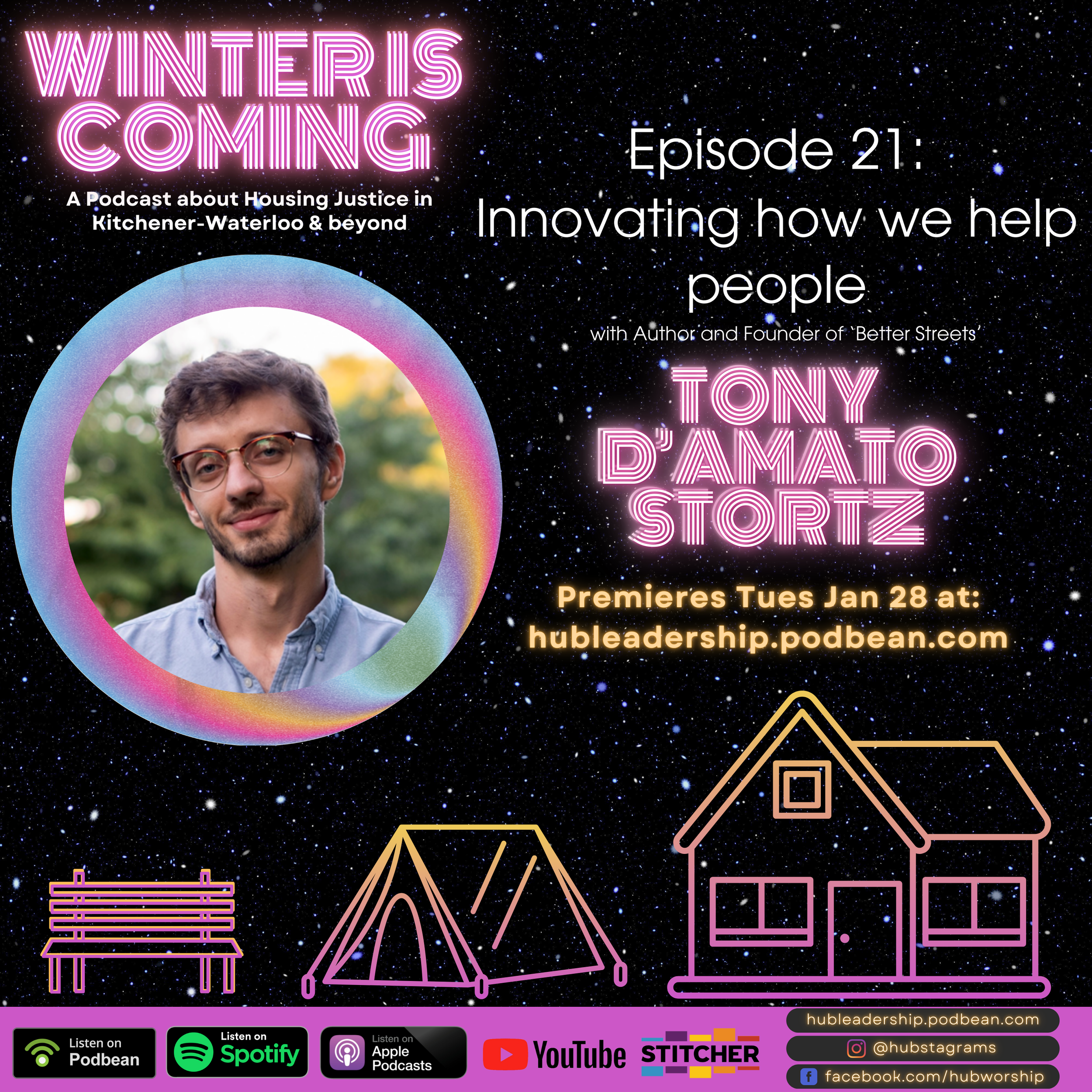
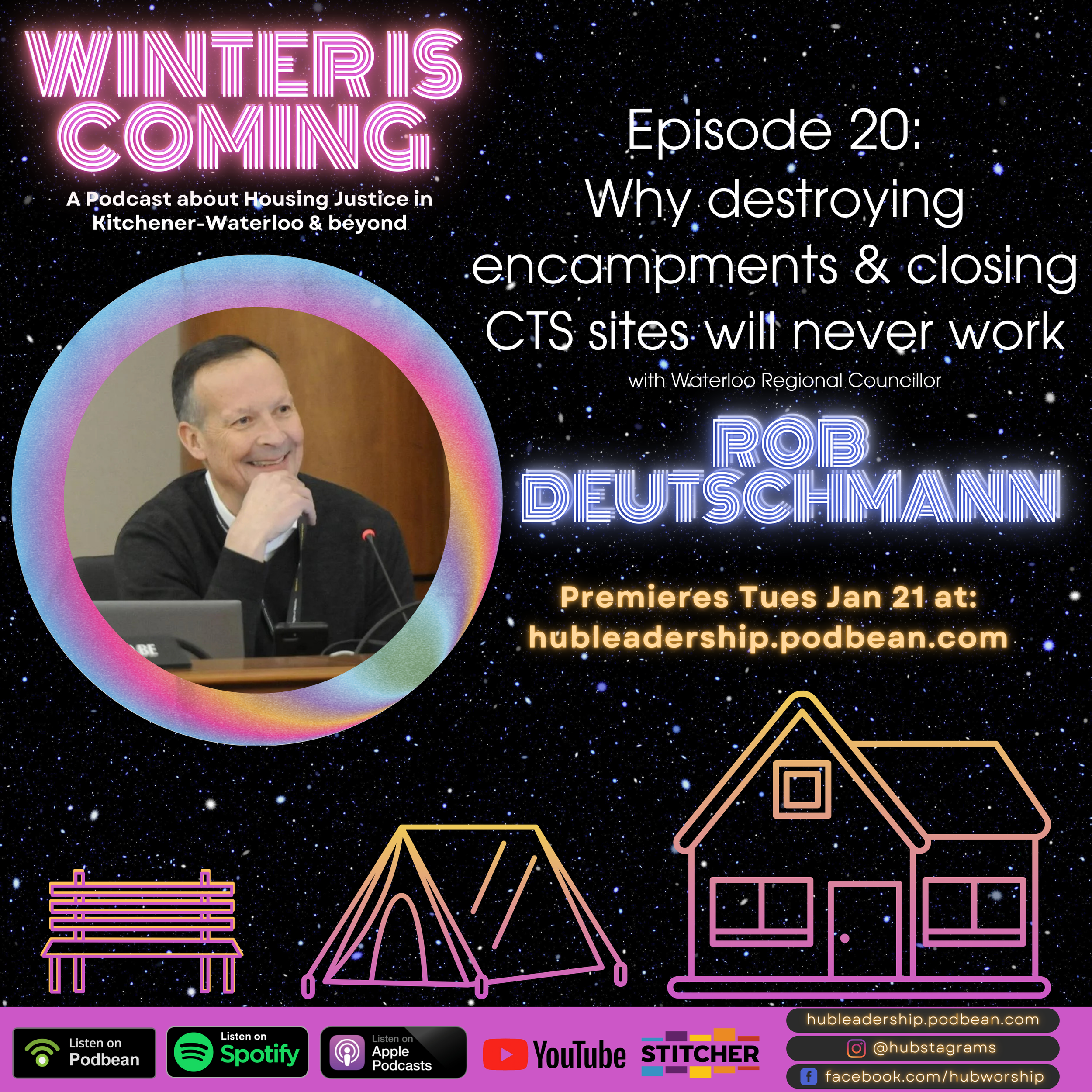

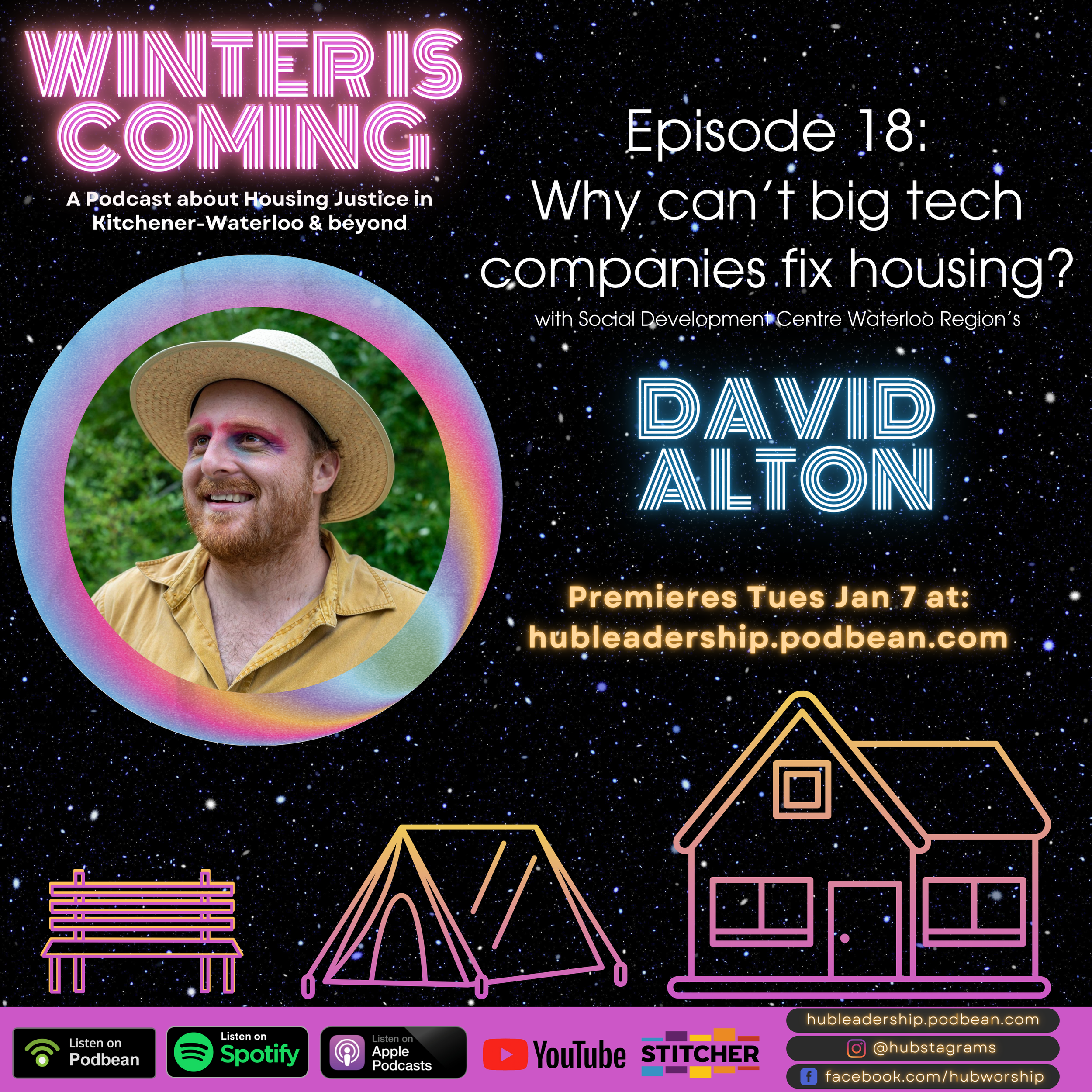
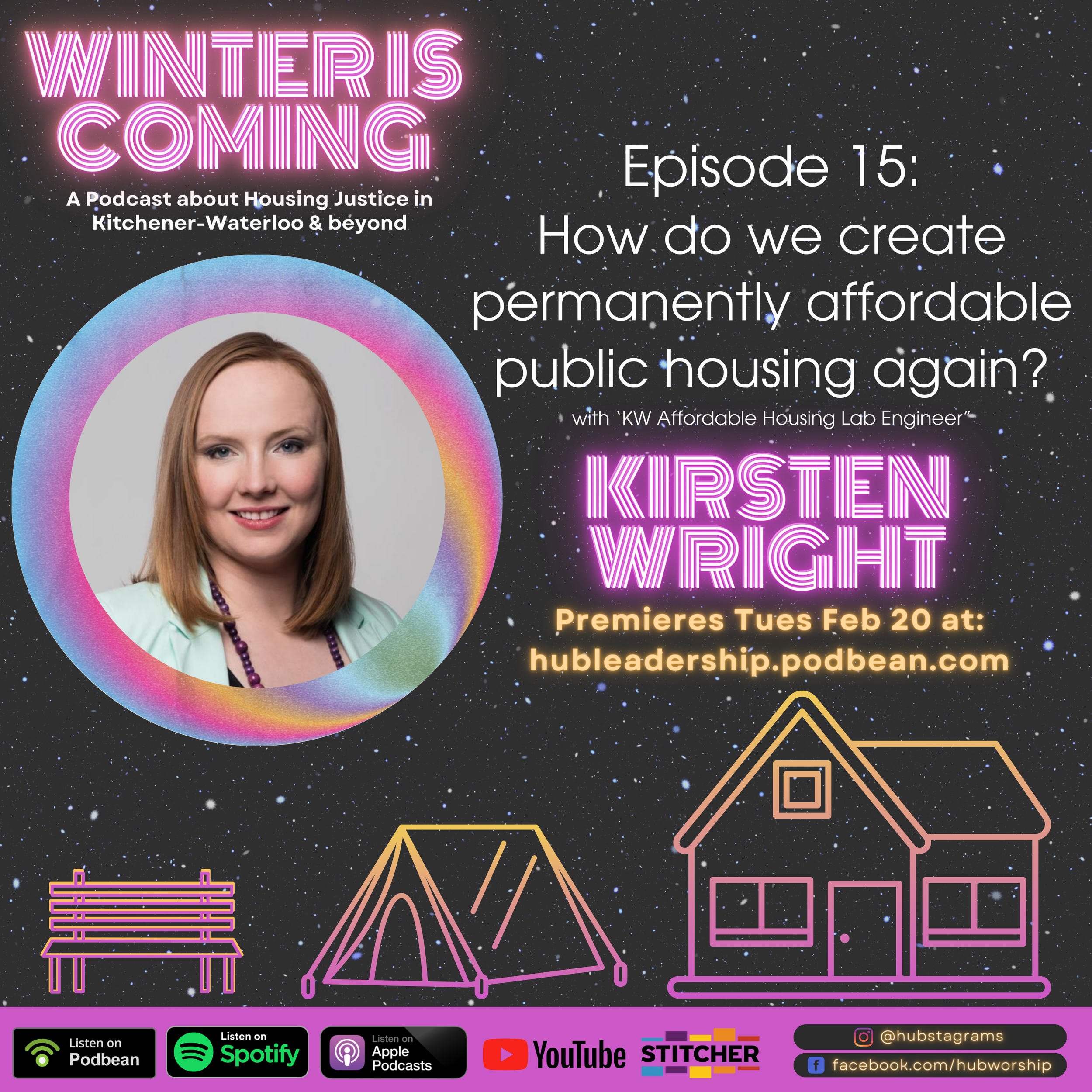
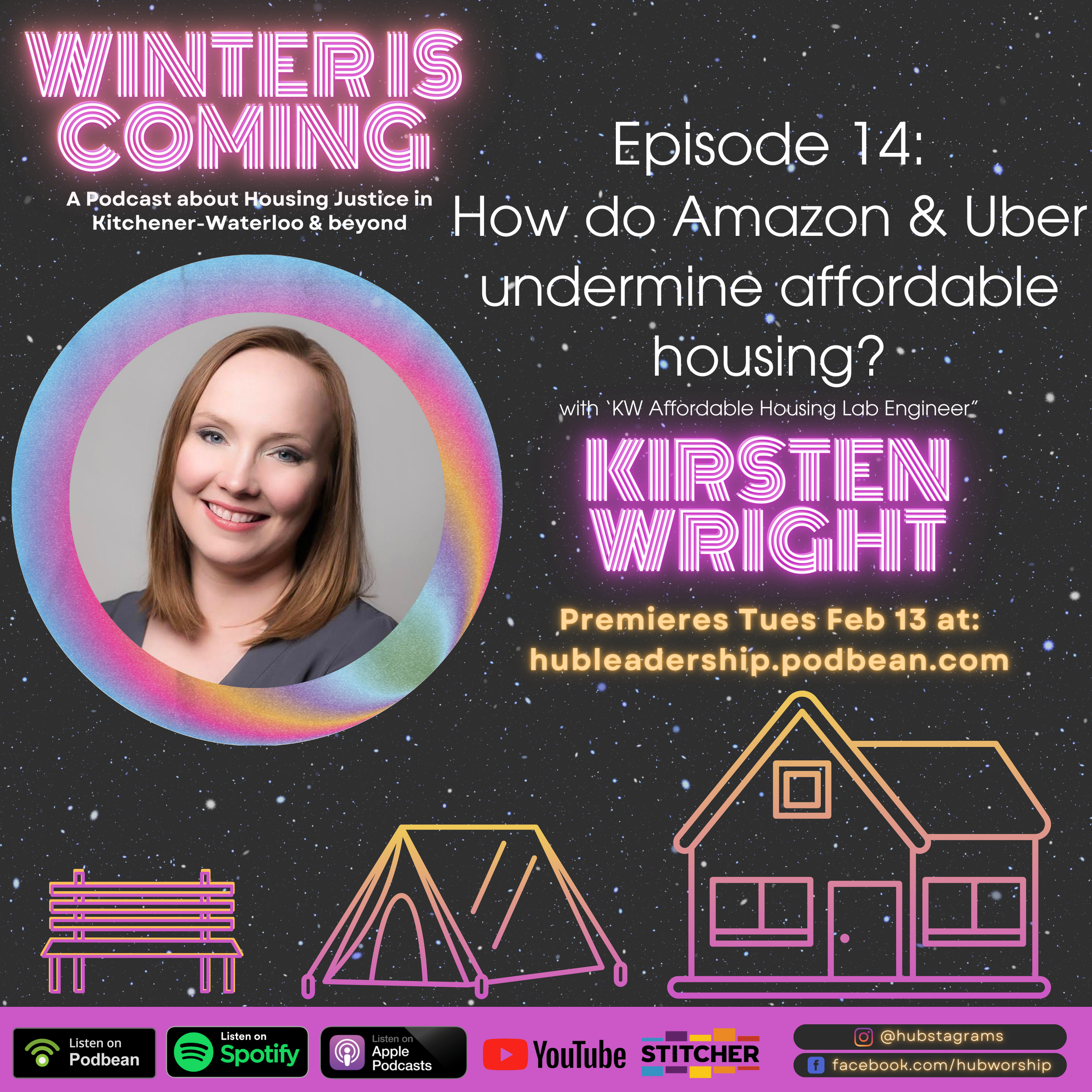
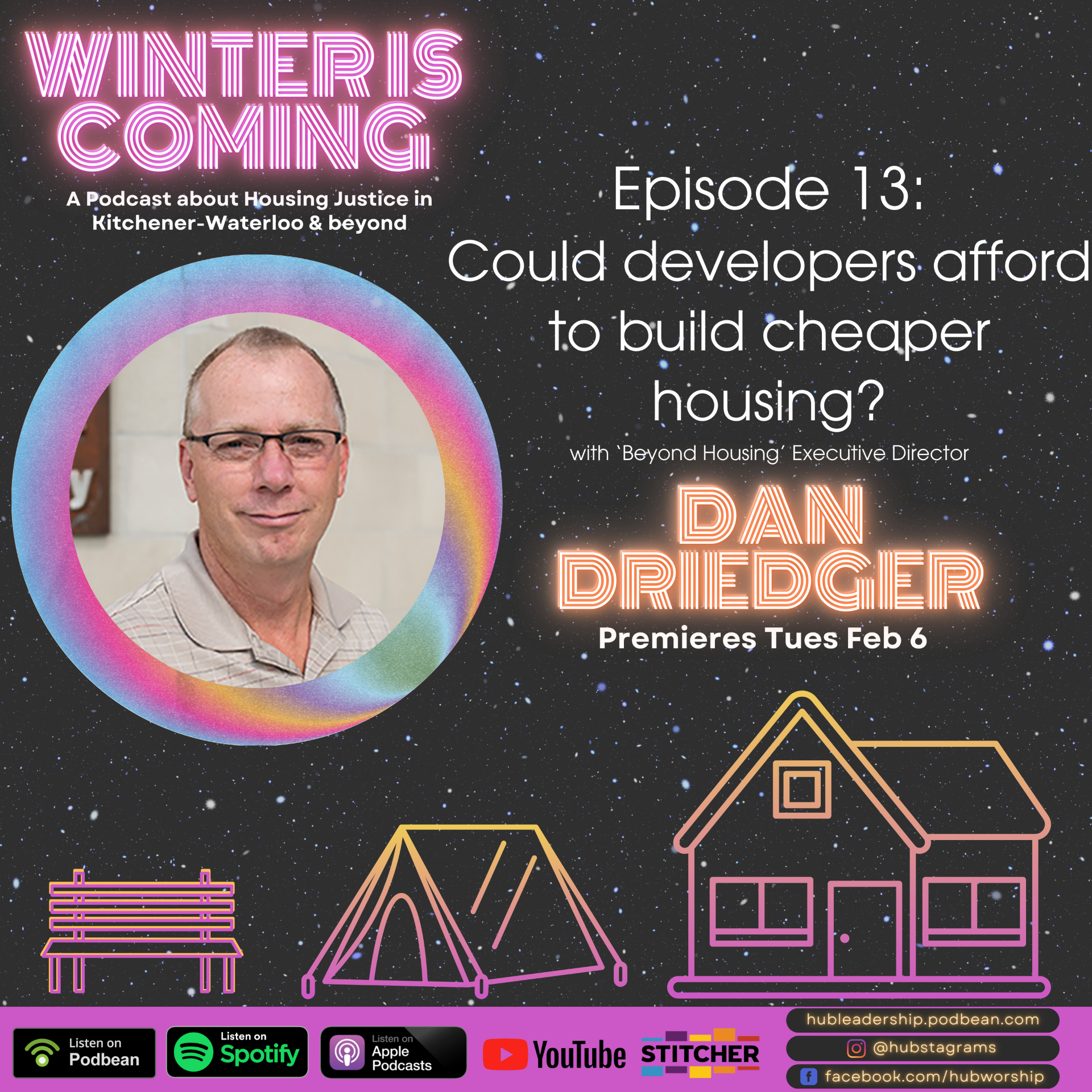
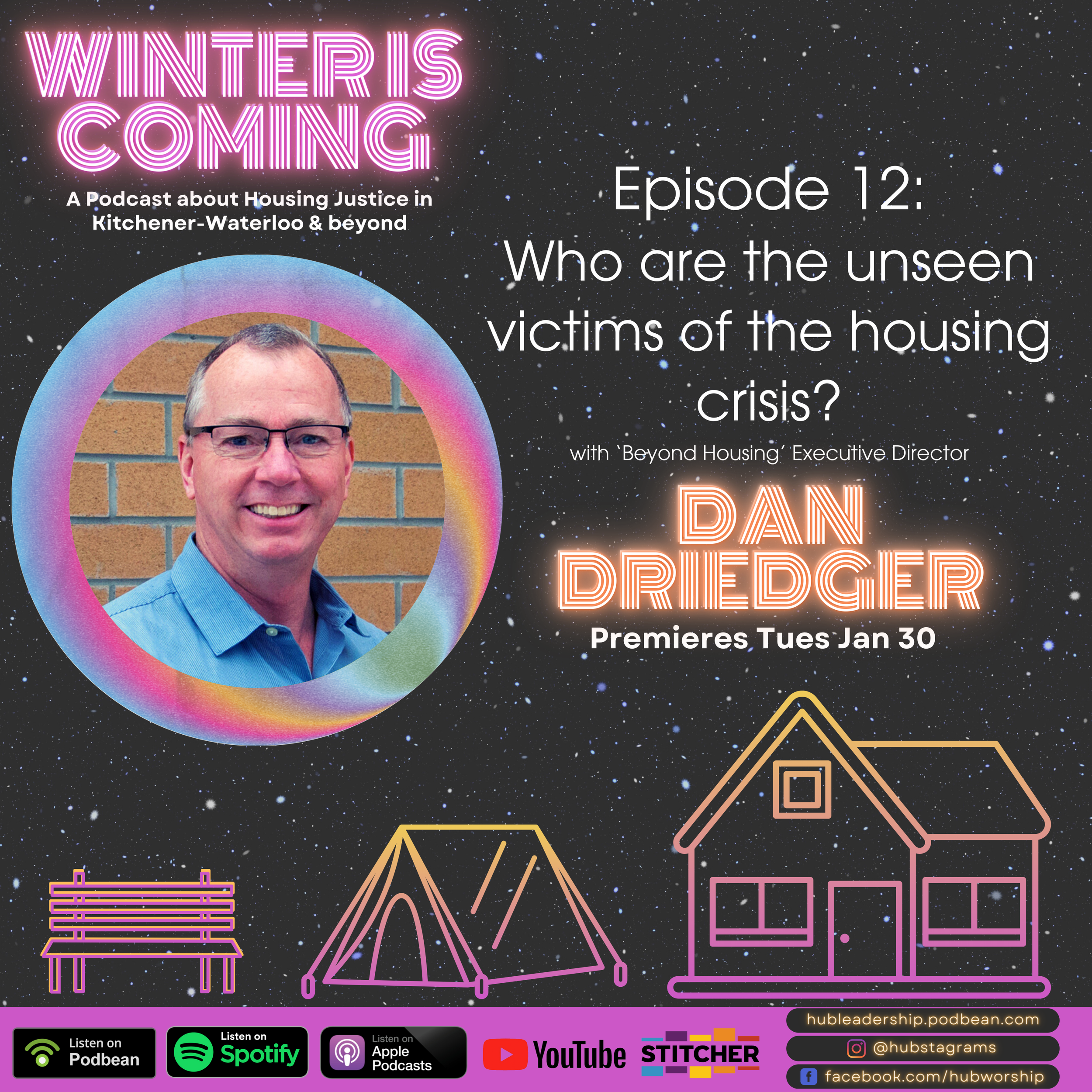










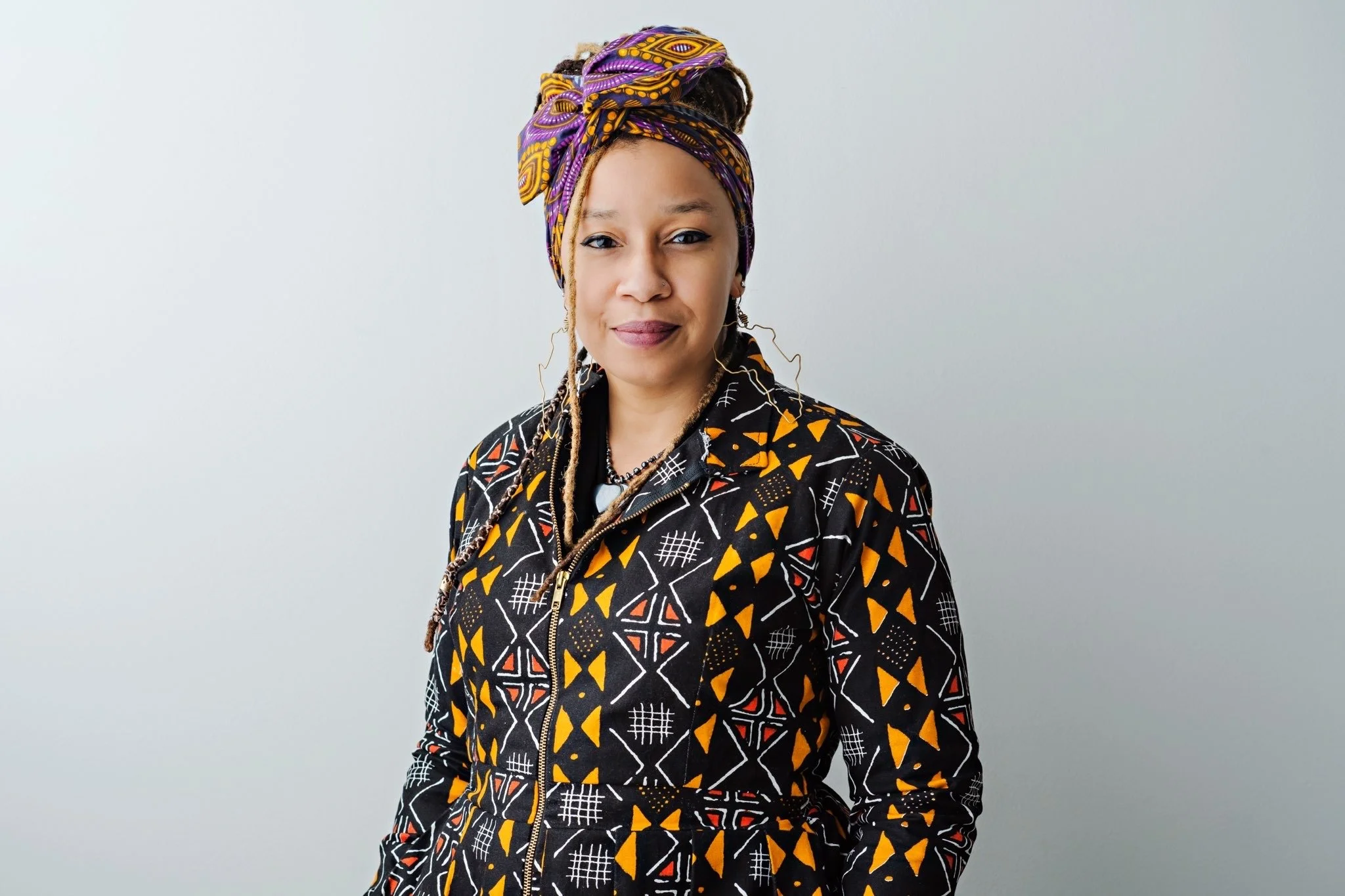
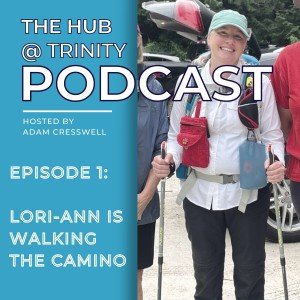
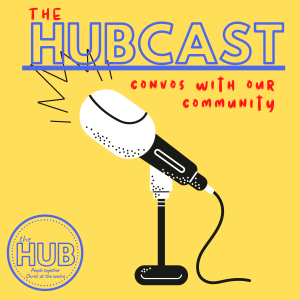






























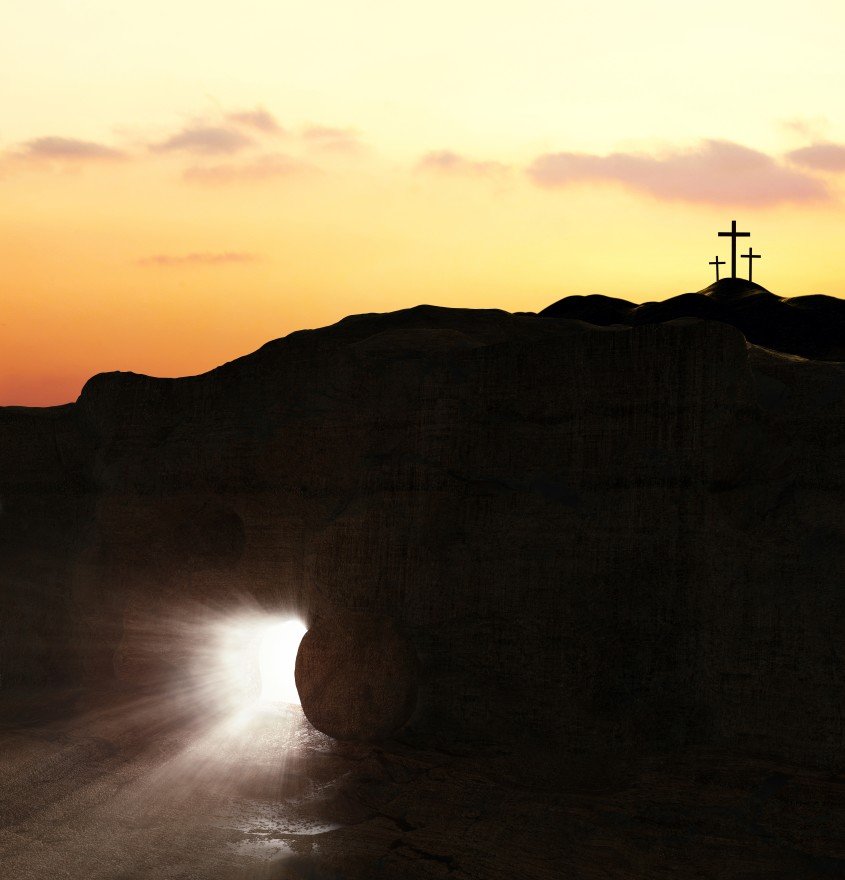
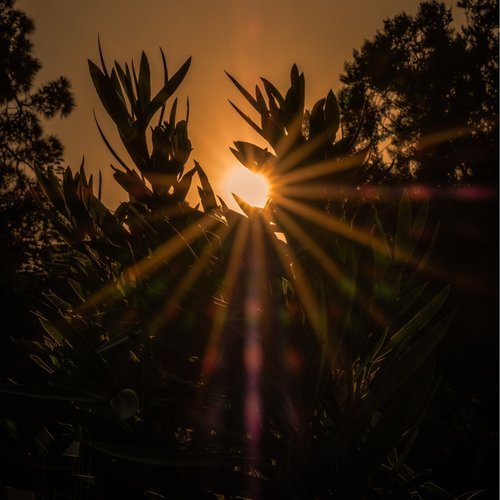
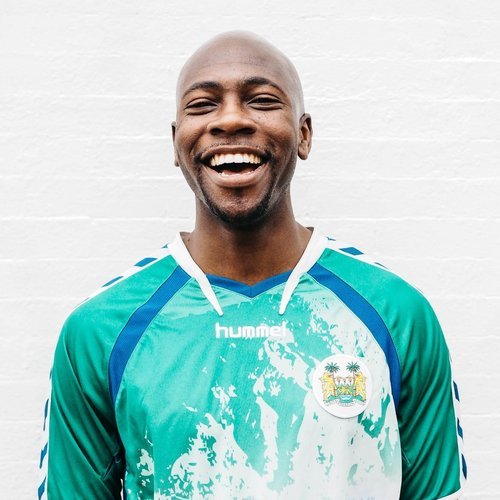
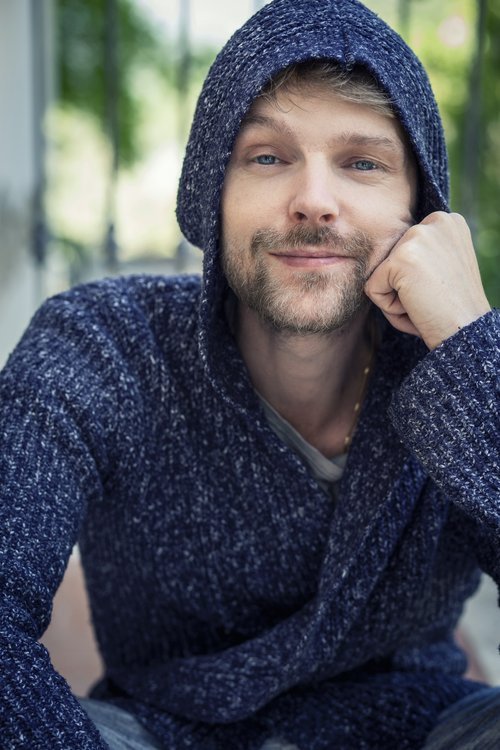
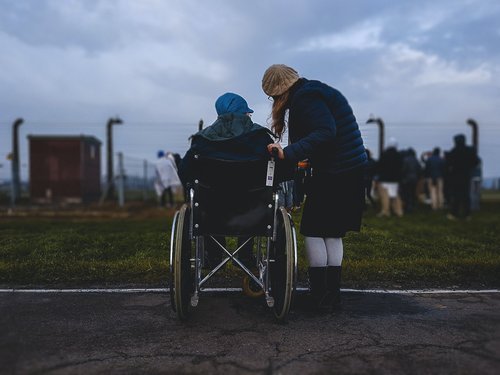
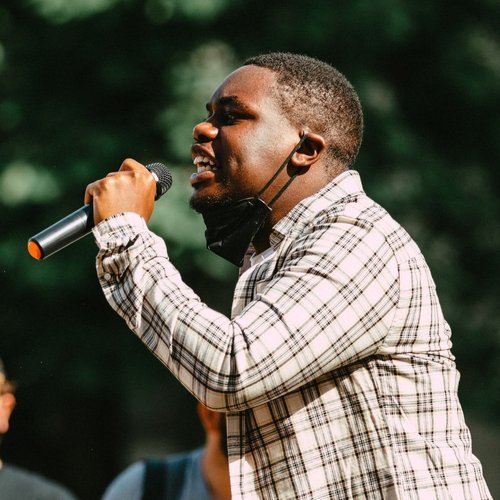




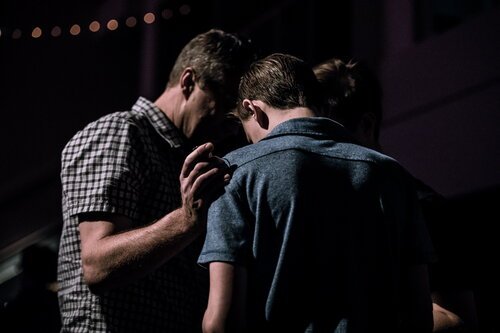
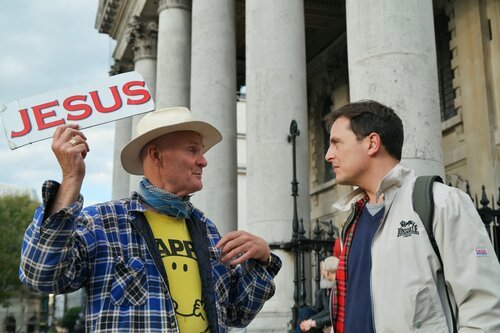





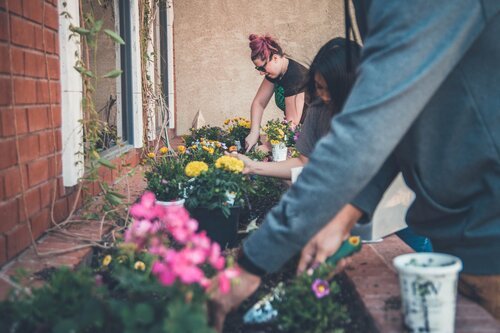
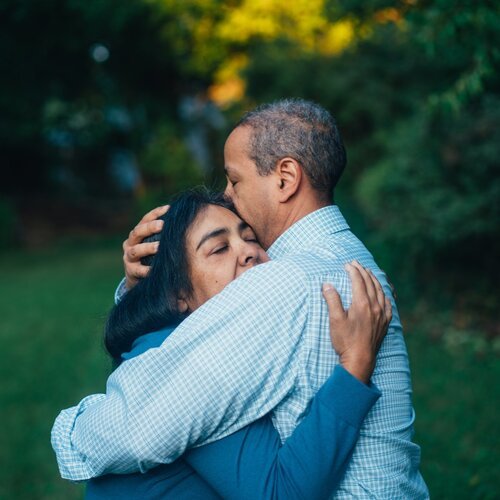
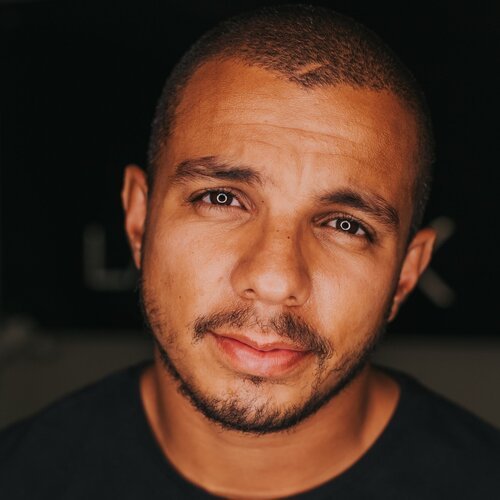

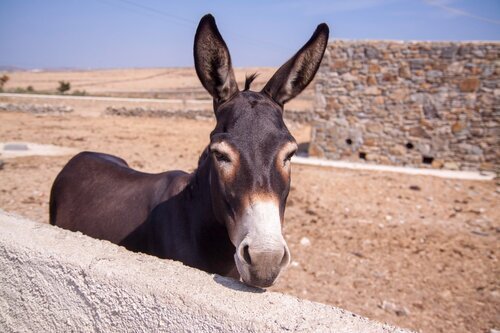




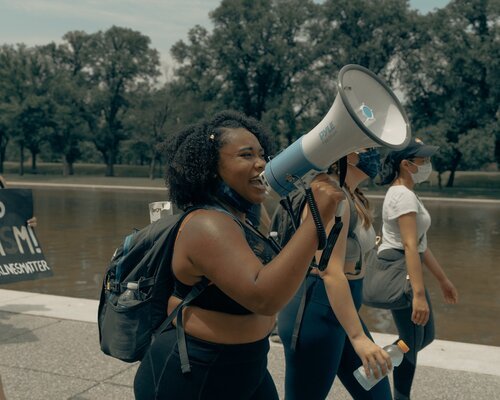



As we close season 3, we’re joined by Rev. Evan Smith. Evan shares his story of living on the streets of Toronto, the homeless community who supported them, and what it was like to watch the abandoned building you were living be torn down while your belongings were still inside. Evan also shares how the intersection of LGBTQIA+ youth and homelessness could keep rising if we don’t stand firmly against discrimination in the years ahead.